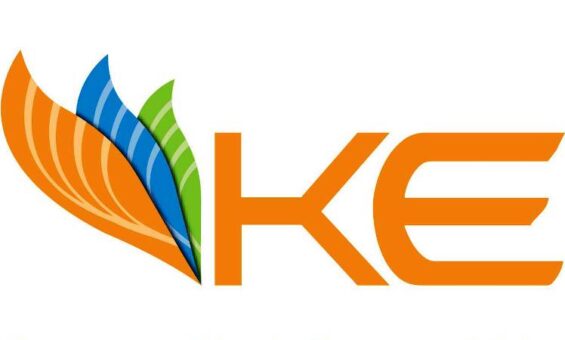KARACHI: The stock market ended down by 131 points due to adjustments in blue chip scrips.
The benchmark KSE-100 index of Pakistan Stock Exchange (PSX) closed at 31,434 points as against 31,565 points showing a decline of 131 points.
Analysts at Arif Habib Limited said that the market has been trading in a narrow range for the past week without breaching 31,000 level, although recent sessions have seen Index largely adjusting downwards.
Selling pressure was evident in index heavy weights like ENGRO, LUCK, OGDC, PPL, HBL and UBL, which kept any increase firmly in check.
Market on Close saw rates spiking for KEL, BOP, LUCK, OGDC. Power sector performed well in volume terms by registering 34.5 million shares on the bourse, out of which KEL garnered 31.4 million shares.
This was followed by Cement Sector (17.4 million) and Technology (14.9 million).
Among scrips, WTL and MLCF trailed KEL with 11.8 million and 10.4 million shares respectively.
Sectors contributing to the performance include Banks (-55 points), Fertilizer (-47 points), O&GMCs (-20 points), Power (-18 points) and Chemical (-12 points).
Volumes increased further from 104.7 million shares to 124.2 million shares (+19 percent DoD). Average traded value, on the contrary, declined by 15 percent to reach US$ 22.6 million as against US$ 26.7 million.
Stocks that contributed significantly to the volumes include KEL, WTL, MLCF, ASTL and BOP, which formed 49 percent of total volumes.
Stocks that contributed positively include MCB (+21 points), KEL (+13 points), DAWH (+12 points), EFUG (+6 points) and BOP (+6 points). Stocks that contributed negatively include HBL (-46 points), ENGRO (-40 points), HUBC (-36 points), BAFL (-16 points), and SEARL (-11 points).
Related Stories
Stock market remains traded in narrow range; ends down by 264 points






